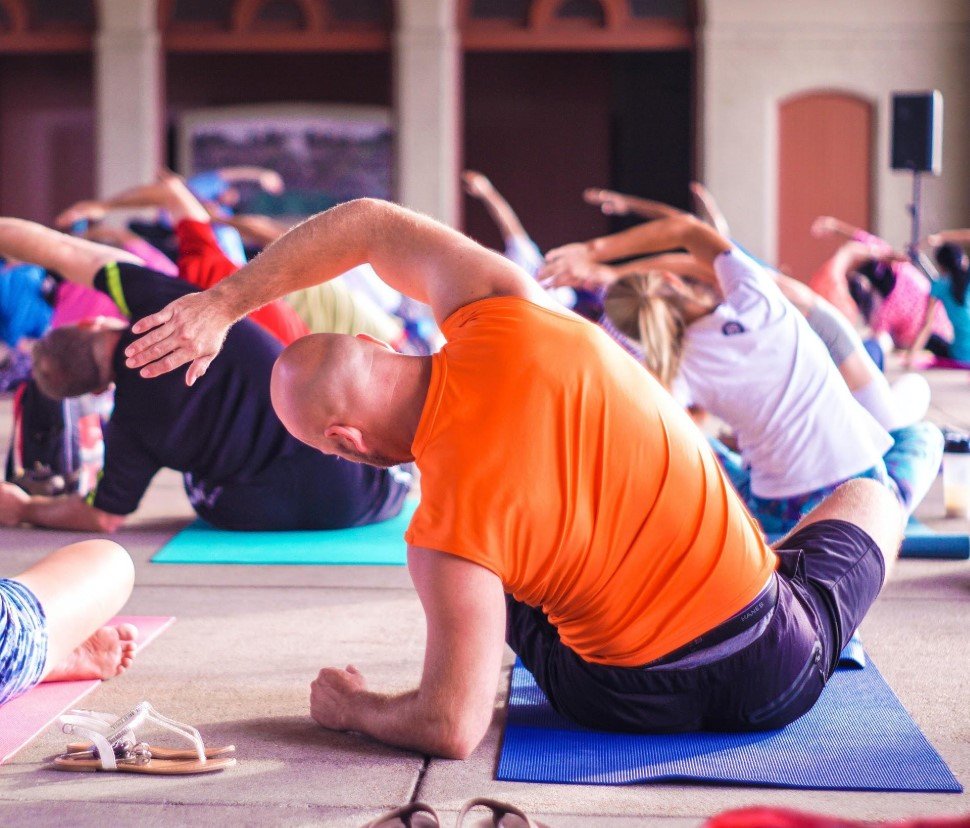Recent studies reveal that enhancing cardiorespiratory fitness may significantly reduce the likelihood of developing dementia, even for those genetically predisposed.
Fitness as a Shield Against Dementia
Imagine turning back the clock on your brain’s health simply by moving more. That’s the promise of recent research suggesting that increasing cardiorespiratory fitness can lower dementia risk by up to 35%. For individuals worried about their genetic makeup, this finding offers a beacon of hope. The study underscores the powerful role of aerobic fitness in maintaining cognitive function and potentially delaying dementia onset by about 18 months.
Understanding Cardiorespiratory Fitness
Cardiorespiratory fitness, often measured by how efficiently your body delivers oxygen to muscles and organs during exercise, tends to decline with age. This decline can impact overall health, including brain function. Engaging in activities like cycling, running, and other aerobic exercises is recommended to boost this fitness level. But why does it matter so much?
The Science Behind the Stats:
| Fitness Level | Dementia Risk Reduction (%) | Delay in Onset (Months) |
|---|---|---|
| High Cardiorespiratory | 35 | 18 |
| Moderate Cardiorespiratory | 20 | 10 |
| Low Cardiorespiratory | 0 | 0 |
This table highlights how different levels of cardiorespiratory fitness correlate with dementia risk and the potential delay in its onset. It’s clear that higher fitness levels offer substantial protective benefits.

The Study in Numbers
The comprehensive study involved over 61,000 participants aged between 39 and 70. These individuals underwent a six-minute exercise session on a stationary bike to assess their cardiorespiratory fitness scores. The results were compelling: those with higher fitness scores exhibited better cognitive functions and a noticeably lower risk of developing dementia later in life.
But how does this translate into everyday life? Simple, consistent exercise can make a world of difference. It’s not just about running marathons or hitting the gym hard; even moderate activities like brisk walking or cycling can enhance your brain’s resilience against cognitive decline.
Why Fitness Matters More Than Ever
In today’s fast-paced world, maintaining physical fitness often takes a backseat. However, this research highlights the critical importance of staying active, not just for physical health but for mental well-being too. As people age, the natural decline in fitness can have far-reaching effects on their cognitive abilities. By prioritizing aerobic exercises, individuals can take proactive steps to safeguard their mental health.
Benefits Beyond the Brain:
- Improved Mood: Regular exercise releases endorphins, enhancing overall mood.
- Better Sleep: Physical activity can lead to more restful sleep patterns.
- Increased Energy: Staying active boosts energy levels, making daily tasks easier.
These benefits create a positive feedback loop, encouraging individuals to maintain an active lifestyle, which in turn supports brain health.
Tackling Genetic Predispositions
For those with a family history of dementia, the stakes are even higher. Genetics play a significant role in the likelihood of developing dementia, but this study offers a silver lining. Even if you’re predisposed, improving your cardiorespiratory fitness can mitigate some of that risk. It’s a reminder that while we can’t change our genetics, we can influence other factors to enhance our brain health.
Practical Steps to Enhance Fitness
Getting started on improving cardiorespiratory fitness doesn’t have to be daunting. Here are some practical tips to incorporate more aerobic activity into your daily routine:
- Start Small: Begin with short walks and gradually increase your pace and distance.
- Find Enjoyable Activities: Choose exercises you love, whether it’s dancing, swimming, or cycling.
- Set Realistic Goals: Aim for consistency rather than intensity. Even 30 minutes a day can make a difference.
- Incorporate Into Daily Life: Take the stairs instead of the elevator or bike to work if possible.
- Stay Motivated: Partner with a friend or join a group to keep your exercise routine enjoyable and sustainable.
The Broader Implications
This study’s findings have far-reaching implications for public health strategies. Encouraging cardiorespiratory fitness can be a cost-effective way to reduce the burden of dementia on individuals and healthcare systems alike. It’s a call to action for communities, healthcare providers, and policymakers to prioritize physical activity as a means of promoting cognitive health.
Policy Recommendations:
- Promote Active Lifestyles: Implement community programs that encourage regular exercise.
- Accessible Facilities: Ensure that parks and recreational areas are available and welcoming for all age groups.
- Educational Campaigns: Raise awareness about the link between fitness and brain health through public health campaigns.
Moving Forward with Hope
While the decline in cardiorespiratory fitness is a natural part of aging, the ability to counteract some of its negative effects is empowering. This research offers a hopeful perspective: by staying active, individuals can take control of their cognitive health and potentially delay the onset of dementia.
So, the next time you feel too busy or tired to exercise, remember that a little effort today could lead to a sharper, healthier mind tomorrow. It’s not just about living longer, but living better, with a mind that stays active and resilient against the challenges of aging.
